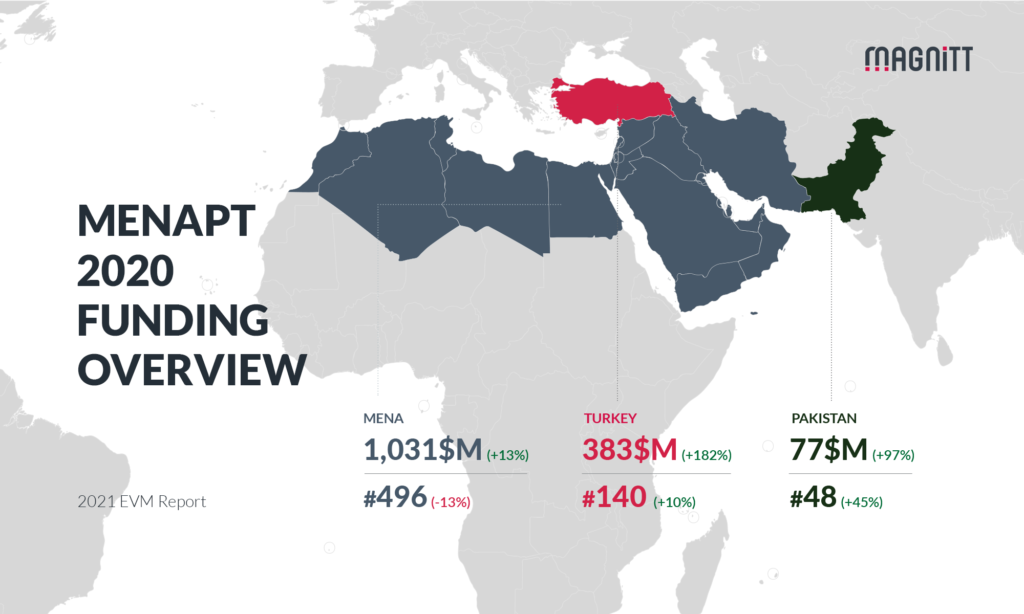Progreen Innovations stands at the forefront of environmental and energy solutions in Kenya, championing a revolutionary approach to waste management through its innovative waste-to-fuel technology. This pioneering company, based in Kenya, is reshaping the narrative around waste, transforming it from an environmental burden into a valuable resource for producing alternative fuels.
Founded with the vision of addressing two critical challenges—waste management and the energy crisis—Progreen Innovations embarked on its mission to develop sustainable and eco-friendly solutions. The company recognized the untapped potential of municipal and industrial waste, which traditionally ends up in landfills, contributing to pollution and greenhouse gas emissions. By converting this waste into fuel, Progreen Innovation not only aims to reduce the environmental footprint of waste but also to provide a renewable energy source that can mitigate reliance on fossil fuels.
The Waste-to-Fuel Process
The core of Progreen Innovations’s technology lies in its sophisticated waste-to-fuel conversion process. This process involves several stages, starting with the collection and sorting of waste materials. The waste is then subjected to a series of treatments, including drying, pyrolysis, and condensation, to break down the organic material into smaller molecules. The end products are fuels like biodiesel, ethanol, and other biofuels, which can be used in existing engines and infrastructure with minimal modifications.
One of the distinguishing aspects of Progreen’s technology is its efficiency and environmental friendliness. The process is designed to minimize emissions and energy consumption, making it a cleaner alternative to traditional fuel production methods. Moreover, it provides a solution to the problem of plastic waste by converting it into valuable fuel, thus addressing two environmental issues simultaneously.
To Diversify the Energy Mix in Kenya
The impact of Progreen’s work is multifaceted. Environmentally, it offers a sustainable way to manage waste, reducing landfill use and cutting down on greenhouse gas emissions. Economically, it contributes to the local economy by creating jobs in waste collection, processing, and fuel distribution. Furthermore, by producing alternative fuels, Progreen helps to diversify the energy mix in Kenya, enhancing energy security and reducing dependence on imported fuels.
Progreen has garnered recognition both locally and internationally for its innovative approach to waste management and energy production. Its achievements include partnerships with municipal governments for waste collection and processing, as well as collaborations with industries seeking sustainable energy solutions.
Future Prospects
Looking forward, Progreen is set to play a pivotal role in Kenya’s environmental and energy landscape. As the world increasingly focuses on sustainability and renewable energy, the demand for alternative fuels is expected to rise. Progreen is well-positioned to expand its operations and scale up its technology to meet this growing demand.
Moreover, the company is exploring new technologies and processes to enhance the efficiency and range of fuels produced from waste. By continuously innovating, Progreen aims to contribute to a circular economy, where waste is not seen as an end product but as a resource that can be continuously reused and recycled.
Progreen embodies the transformative potential of waste-to-fuel technology. Through its pioneering work, it is not only tackling environmental and energy challenges in Kenya but also setting a precedent for sustainable waste management practices worldwide. As Progreen Innovations continues to evolve and expand, its journey offers a hopeful vision of a world where waste is no longer a problem but part of the solution to our energy needs.
Photo : rfi.fr





